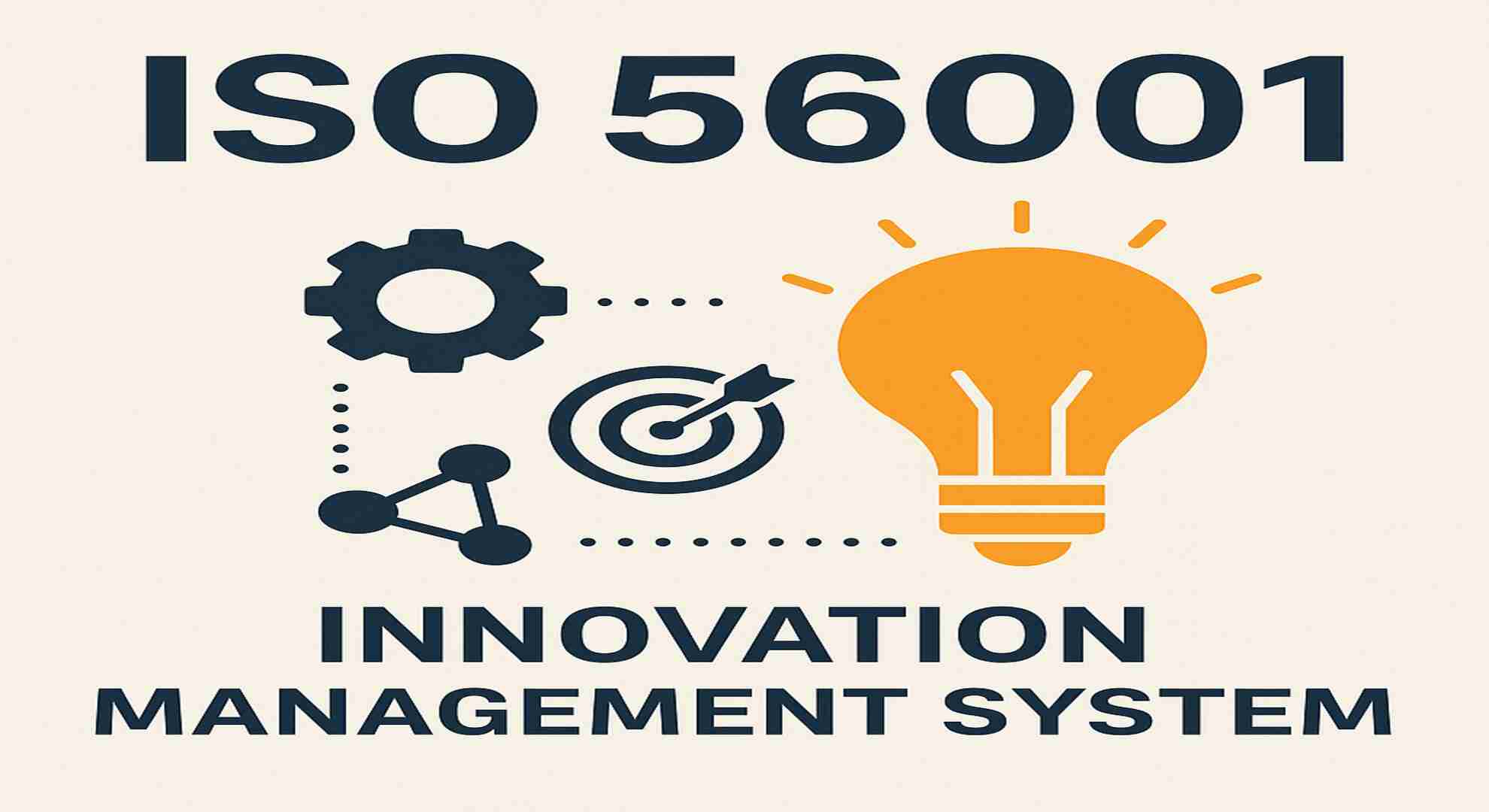The challenges facing innovation are among the most significant factors hindering organizations’ ability to keep pace with the rapid changes in modern markets. While innovation has become a necessity, not a luxury, many companies still face considerable obstacles that prevent them from developing new products or continuously improving their services. Therefore, it is crucial to clearly understand these challenges from the outset so that organizations can overcome them through well-considered, practical steps.
This article will detail the most significant challenges facing innovation and present a range of effective solutions to help organizations create a sustainable innovation environment. Furthermore, we will explain how modern strategies can overcome these obstacles, enabling companies to enhance their competitiveness.
1. Challenges facing innovation within organizations: resistance to change
First: Why is resistance to change the most prominent challenge?
Resistance to change is one of the biggest challenges facing innovation within organizations. Many employees prefer working in traditional ways because change can cause them anxiety or job insecurity. Additionally, management may fear that implementing new technologies will disrupt operations or increase costs.
Second: How to overcome resistance to change
Fostering a culture of innovation
Initially, organizations must explain the benefits of change to everyone. Moreover, Presenting real-life examples from within or outside the organization helps to promote employee acceptance of change.
Involving employees in decisions
It is important to involve employees in the innovation process. The more involved, the easier change becomes. Therefore, multidisciplinary teams can be created to exchange ideas.
Providing incentives
In addition to training, creative ideas should be rewarded, encouraging employees to innovate continuously.
2. Challenges facing innovation in terms of lack of funding
First: How does funding affect innovation?
Lack of funding is one of the most common challenges facing innovation, especially for startups and small businesses. Innovation typically requires budgets for developing prototypes, using new tools, and conducting experiments. However, funding may be limited or not readily available.
Second: Practical solutions to overcome funding shortages
Seeking investors
For example, Companies can seek angel investors or venture capital funds. Additionally, incubators and accelerators are excellent options for supporting innovation.
Strategic partnerships
On the other hand, Companies can collaborate with other entities to share costs. This makes it possible to execute large projects with limited resources.
Low-cost innovation
Moreover, Modern methodologies such as Lean Startup can be adopted, which rely on rapid, low-cost experimentation before making big decisions.
3. Challenges facing innovation due to a lack of skills and competencies
First: Why is a lack of skills a major obstacle?
Innovation requires a variety of skills, including creative thinking, analysis, programming, design, and project management. However, many organizations suffer from a shortage of these skills, whether due to inadequate training or intense competition for talent.
Second: How can the skills gap be bridged?
Continuous training
In addition to basic training programs, advanced development opportunities such as workshops and e-learning should be provided.
Hiring external experts
On the other hand, The lack of skills can be compensated for by hiring specialists or consultants in the fields of innovation.
More attractive recruitment policies
Moreover, Companies should improve their job offers, such as providing a flexible work environment or competitive salaries.
4. Challenges to innovation resulting from weak technological infrastructure
First: The impact of technology on innovation
Technology is the cornerstone of most modern innovations. However, weak infrastructure can delay projects or reduce their quality. For example, outdated computer systems can hinder teams’ ability to experiment and test.
Second: Steps for developing the technological infrastructure
Investing in system modernization
In addition to upgrading the hardware, the software can be updated to ensure more efficient performance.
Reliance on cloud services
On the other hand, Cloud computing enables companies to access the latest technology without high costs.
Partnership with technology providers
Therefore, organizations gain access to advanced technological infrastructure without needing to develop it internally.
5. Challenges facing innovation in competitive markets
First: How does competition affect innovation?
When the market is saturated, standing out becomes more difficult. However, innovation in customer experience or service can be the key to success, even in the most competitive environments.
Second: How do companies progress in a competitive market?
In-depth market analysis
For example, Data analysis helps in better understanding consumer behavior.
Focus on customer experience
In addition to product quality, emphasis should be placed on ease of use, speed, and technical support.
rapid adaptation
On the other hand, Rapid change is a strong competitive advantage that helps companies stay ahead of competitors.
6. Psychological challenges facing innovation: fear of failure
First: Why does fear affect innovation?
Fear of failure is one of the most complex challenges facing innovation, as it is linked to psychological and cultural factors within the organization. However, it can be overcome by building a supportive work environment.
Second: Ways to overcome fear
Redefining Failure
For example, Failure can be seen as a step towards learning, not the end of the road.
Providing support
In addition, employees should feel that management supports the attempts even if they are unsuccessful.
Celebrating attempts
This method encourages innovation and creates a stimulating environment.
7. Regulatory challenges facing innovation due to regulations and laws
First: How do regulations hinder innovation?
Some sectors impose strict regulatory frameworks, which slows down innovation. However, these challenges can be addressed intelligently.
Second: Practical solutions
Communication with regulatory bodies
In addition, building good relationships with government agencies helps to speed up approvals.
Legally compliant innovation
On the other hand, Innovative solutions can be developed without breaking the law.
Benefit from innovation support programs
Some countries offer special pathways for innovative companies.
In short, while the challenges facing innovation are numerous and varied, they can be overcome by adopting a clear strategy, developing skills, upgrading technology, and fostering a culture of innovation within the organization. This allows companies to become more competitive and achieve sustainable growth.
Embark on an innovative journey with Reins
If your company is facing one or more innovation challenges, Reins is ready to support you with its expertise.
✔ Developing innovative solutions
✔ Building long-term strategies
✔ Supporting digital transformation
✔ Enhancing your team’s capabilities
Start now — and get in touch with Reins to take a step closer to real innovation.












